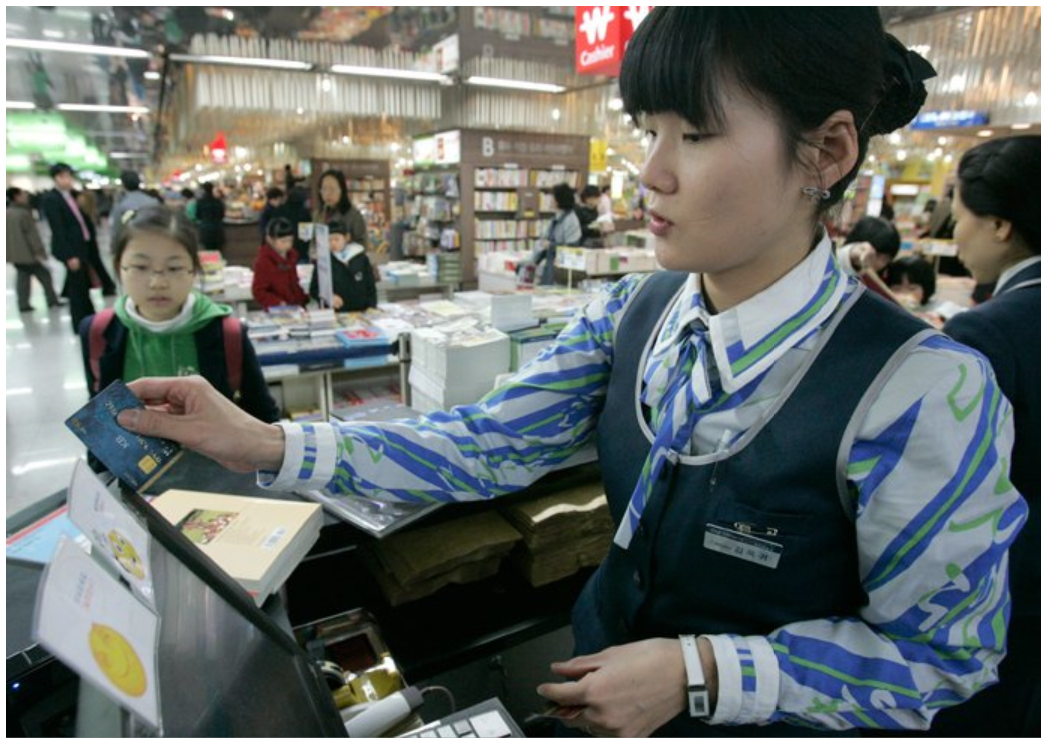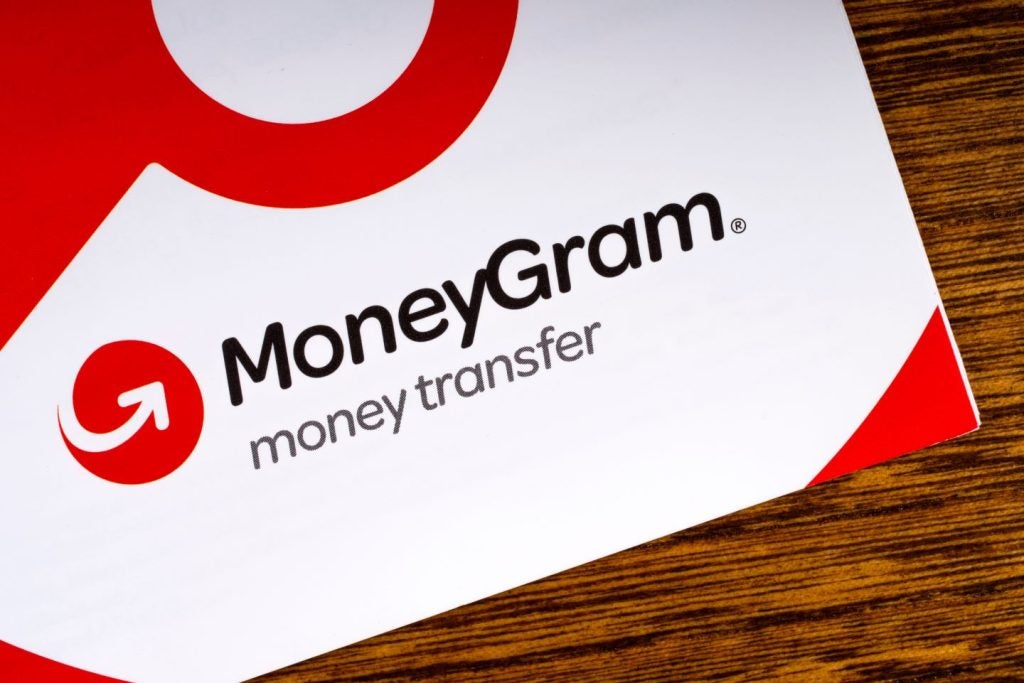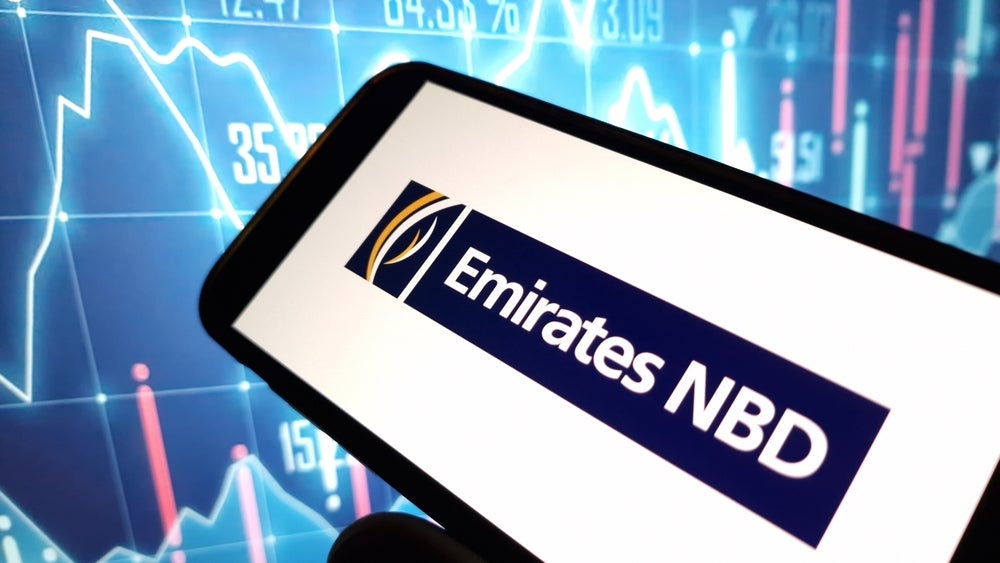
New data from the Bank of Korea (BOK) show that card payments in Asia’s fourth-largest economy grew at a slower pace in the first nine months of the year compared to a year earlier.
The decline in the growth rate of card payments came as consumer spending remained tepid amid a new coronavirus outbreak.
Spending made with credit, debit and prepaid cards reached a daily average of 2.5trl won (US$2.2bn) in the January-September period, up 1.4% from a year earlier, according to the central bank.
The growth rate slowed from a 5.3% on-year gain in the first nine months of 2019.
The central bank said card spending only marginally rose this year as people refrained from visiting offline stores amid the Covid-19 pandemic, dealing a blow to consumer spending.
Lockdowns cut down card payments
Card spending dropped in March and April when the country was gripped by the first wave of the Covid-19 pandemic, but it has rebounded since May.
In August, payments made with cards slowed from the previous month, a fallout of a resurgence in new coronavirus cases. Card spending recovered again in September.
South Korea imposed tougher social distancing measures across the nation in late August for about two months to contain the fast spread of virus cases.
The BOK said credit card spending inched up 0.2 percent on-year in the January-September period, while payments with debt cards rose 2.4%.
Government support helps prop up card payments
The use of prepaid cards jumped 770.6% in the cited period, largely because of state allowances and emergency relief aids provided in such a form, the BOK said.
Earlier this year, the South Korean government provided up to 1m won to every household to help spur spending in the country.
Contact-free card spending gained 17% on-year to a daily average of 800bn won, while card payments made during face-to-face transactions fell 3.7% to 1.4trl won per day.







